If the legislation passes, it could be devastating, Helfgott said. “ It would leave a huge wound that wouldn’t be patched up by other platforms.”
This federal TikTok legislation is not the first of its kind in the U.S., but it goes further than similar social media bills proposed in Montana , Ohio , Utah , Arkansas and Florida , many of which are held up in court amid First Amendment concerns.
Influencer and former counsel to Senate Democrats Emily Amick was also one of the influencers invited to the White House briefing. She said she was shocked to see the Republican-controlled House known for gridlock pass the bill quickly without a thorough public explanation.
“The Republican House that had gotten very little done over the past year-plus, suddenly seemed highly competent at pushing forward bipartisan legislation,” Amick said. “We still don’t really know why they did this.”
“We’re starving. People are dying. … We’re in a war that we should not be in, and TikTok is our most pressing concern? I don’t think so,” he said on the red carpet.
Many social media creators and users have expressed similar sentiment: that Congress has more important things to focus on. Rivera said the ban would hurt influencers and small businesses who depend on TikTok for income.
“People are living paycheck to paycheck. That’s what the government needs to be focused on,” she said.
Rivera views TikTok as her full-time job and has begun posting more content and directing her followers to other platforms in case the ban becomes law.
Some content creators, however, don’t have the luxury of being able to start again.
Sidney Raskind, a creator who has migrated from platform to platform over the years, pointed to TikTokers with niche content who may be unable to replicate their success elsewhere.“A lot of these small businesses, a lot of these farmers, a lot of these people that grew on TikTok because of their trade or special interest don’t have any other choice but TikTok.”
Vitus “V” Spehar of @UnderTheDeskNews, a TikTok account that explains daily events and politics, agreed that pivoting to another platform is not as easy as people assume.
“There is a unique culture to each platform that makes somebody successful on it or not. So to suggest you could just go somewhere else, that’s like saying to someone, ‘I’m going to burn down your house, but you can move in with your neighbor.’”
How the ban could affect young voters Colton Hess, creator of the Tok the Vote coalition, knows the influence that TikTok can have on young voters. He has seen firsthand how the app can be used to mobilize people.He founded Tok the Vote in the months leading up to the 2020 election, when voter registration among young adults was down because of the lack of in-person events during the pandemic.
“We wanted to go to where the young people were, and that was TikTok,” Hess says. Seeing the explosive growth on the app, he knew that “this is where we’ve got to reach people. This is where we’ve got to get people registered.”
The coalition got to work. Tok the Vote started the first nationwide voter registration campaign on TikTok. More than 300 content creators and influencers got on board to encourage followers to get registered. Throughout the course of a single weekend, the coalition registered thousands of people across the country, and the hashtag #TokTheVote received more than 35 million views.
The turnout among young voters that year was historic. Fifty-three percent of voters under 30 cast a ballot in the 2020 presidential election, an 11% increase from the 2016 election. That helped carry Biden to victory, as nearly two-thirds of young voters went with the Democratic candidate. Today, another campaign is happening on the app: #KeepTikTok. An ad appears when users search “TikTok ban” on the app asking them to enter their ZIP code to determine their senators’ contact information.
“Tell your Senator how important TikTok is to you. Ask them to vote no on the TikTok ban,” the ad reads.
Amick said politicians shouldn’t be surprised about the backlash to the ban.
“It seems a pretty obvious response from users who adore TikTok,” Amick said.
Creator Johnny Palmadessa, 24, said he believes the proposed ban is drawing more young people’s interest in politics, but he doesn’t know for sure how it will affect their votes.
“I don’t see this helping Democrats,” Palmadessa said. “Then I look at the Republicans and the first thing that comes to mind is well, ‘President Biden might need to sign a bill that hurts his chances among young voters.”
Others see the TikTok ban as a reason to turn to an alternative candidate like Robert F. Kennedy Jr.
The presidential candidate has seen explosive growth on TikTok since the ban passed the House and has continued to position himself as a staunch supporter of the app and its users.
Spehar said they don’t plan on voting for RFK Jr. but recognizes the smart strategy behind his sudden pro-TikTok content.
“He is filling a vacuum with promises that he can − or can’t − keep on TikTok,” Spehar said. “It’s not that the kids aren’t going to vote for Biden. It’s that the kids are going to vote for RFK Jr. because he has made himself feel like one of them.”
Even Rivera, who has shied away from political content, has taken to TikTok to explain the process to her followers.
Most recently, she answered questions on how a bill becomes a law to her followers during her regular TikTok livestreams. She said she might create a post telling her followers to call their politicians when the measure is taken up by the Senate.
“Maybe I will make a post saying something like ‘Pick up the phone and call your state senator. Let them know how important this is,’” Rivera said. “When I made the phone call I said: ‘Listen. I am a single mom. I’m a widow. If it wasn’t for TikTok I wouldn’t have a job.”
Rachel Barber is a 2024 election fellow at USA TODAY, focusing on politics and education. Follow her on X, formerly Twitter, as @rachelbarber_ . Melissa Cruz is a 2024 election fellow at USA TODAY, focusing on voter access. Follow her on X as @melissawrites22.

 Canada
Canada Japan
Japan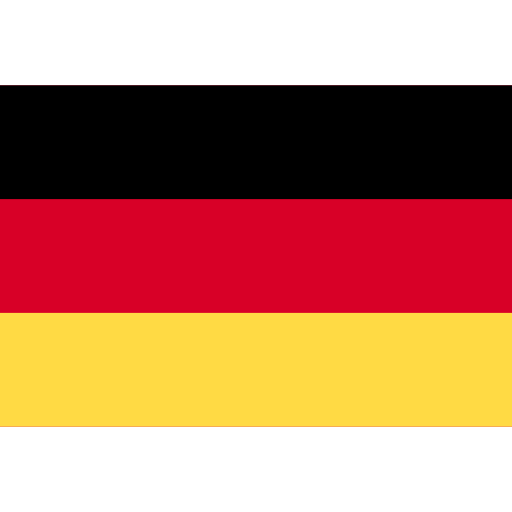 Germany
Germany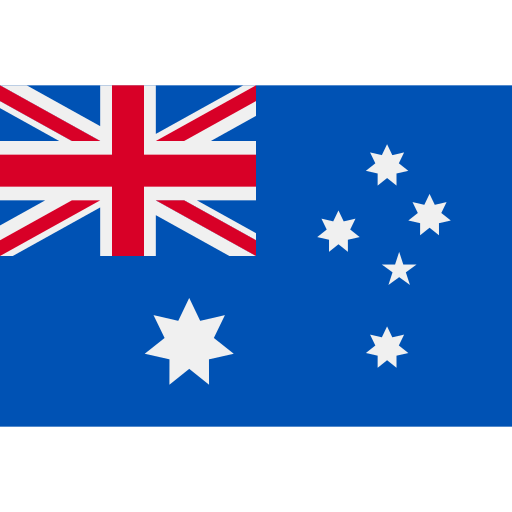 Australia
Australia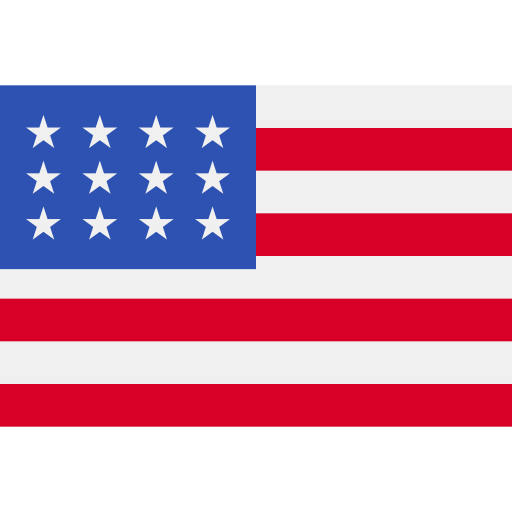 United States
United States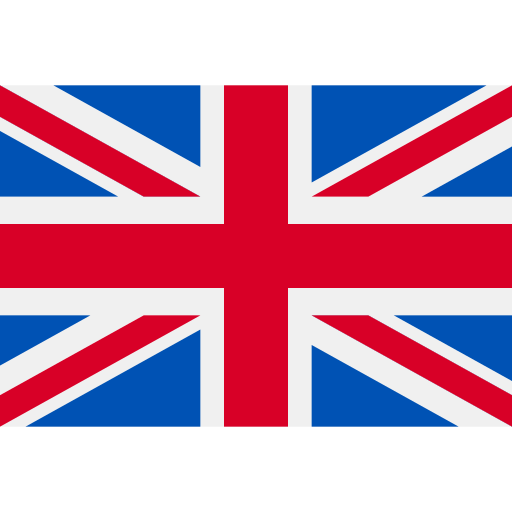 United Kingdom
United Kingdom China
China France
France Ukraine
Ukraine Russia
Russia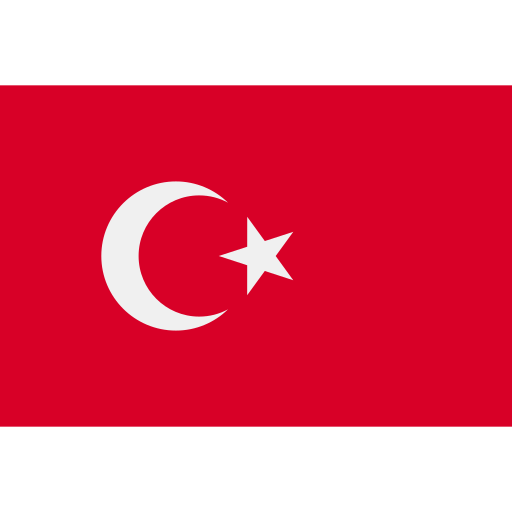 Turkey
Turkey
Comments are closed.